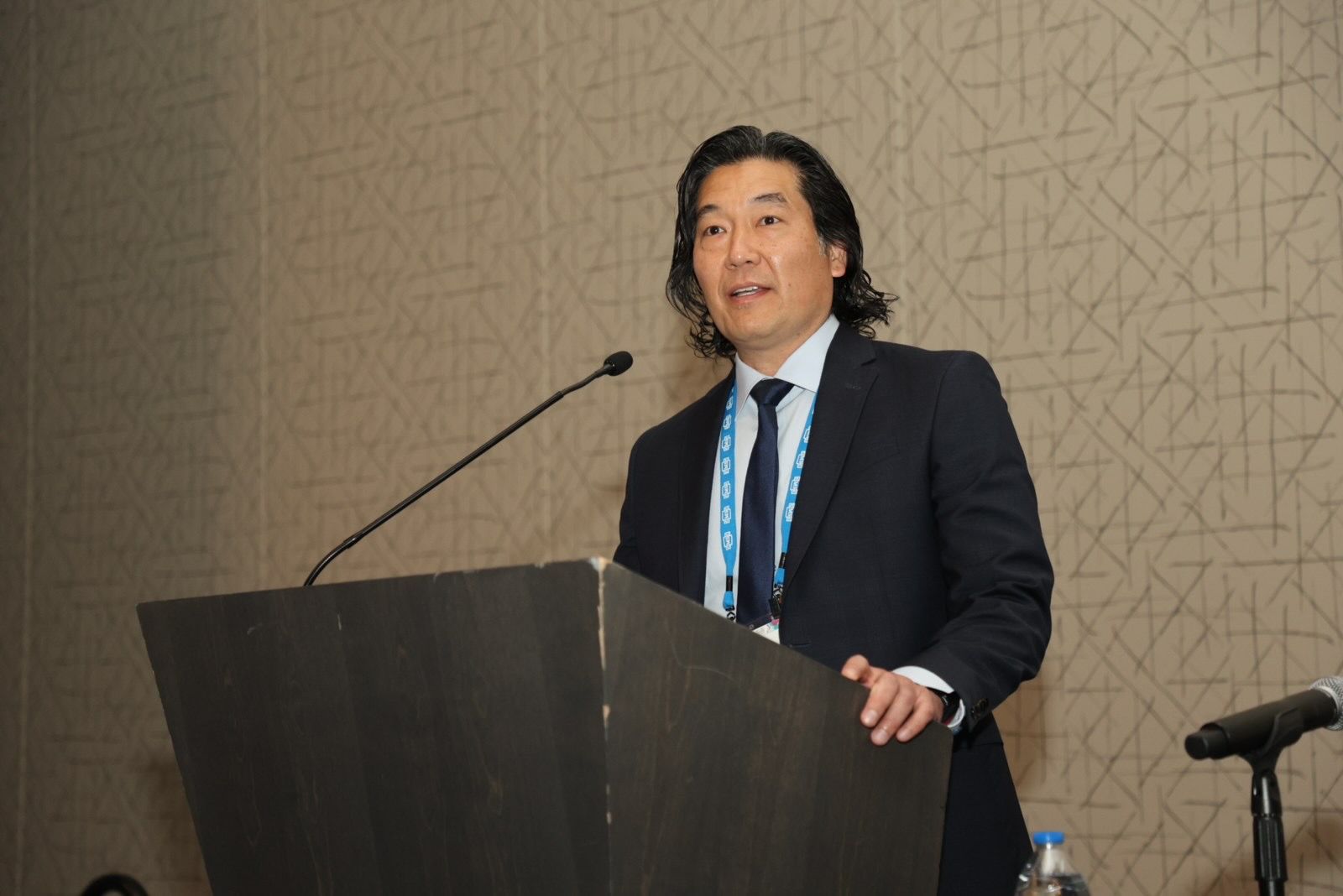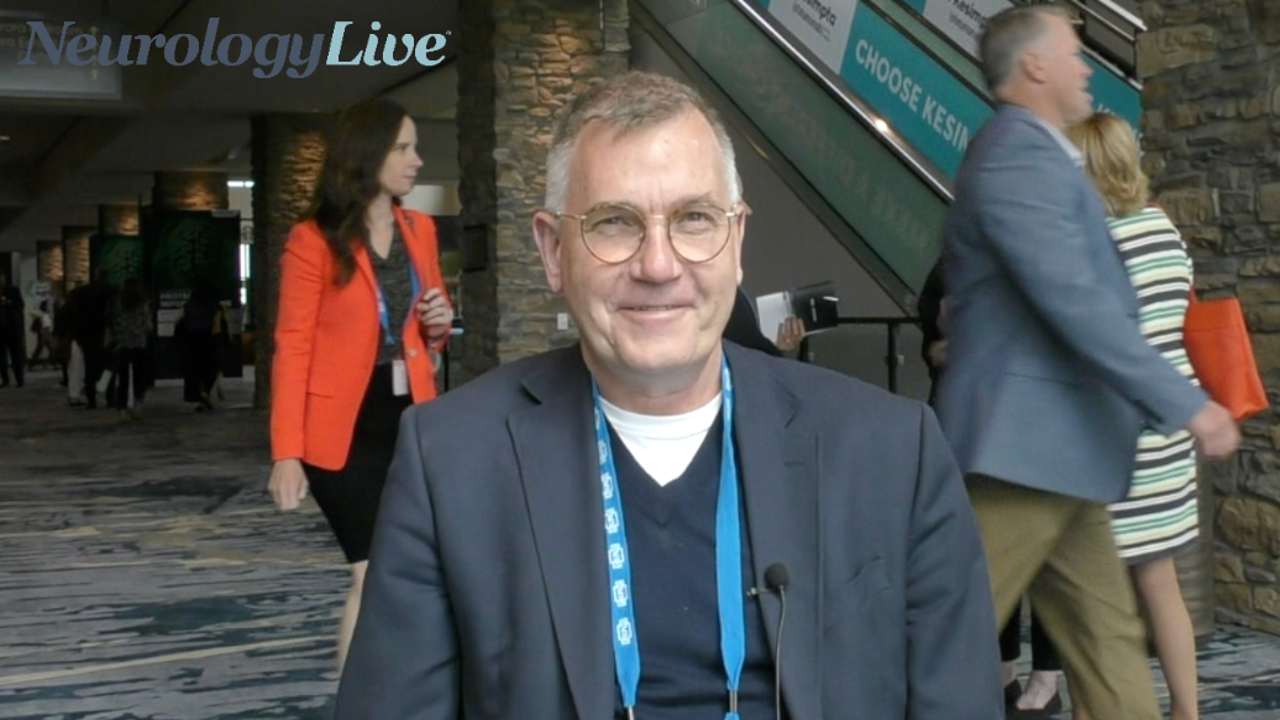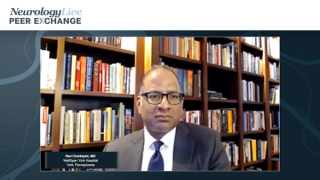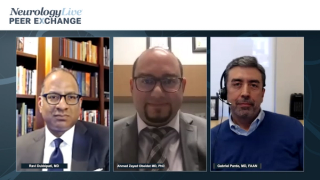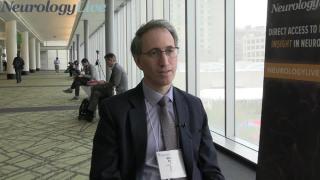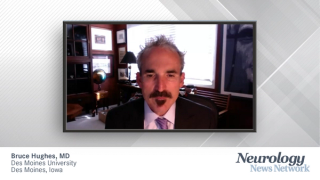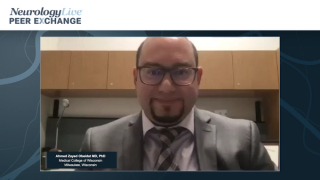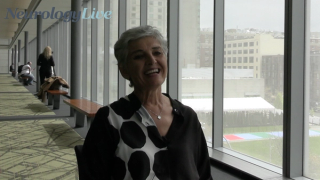
MS and Demyelinating Disorders
Latest News

Latest Videos
CME Content
More News

Most patients completed at least 3 years of treatment, with no new safety signals observed and a treatment discontinuation rate of 5.3%.

The first results from a phase 2 study frexalimab (SAR441344; Sanofi), in relapsing multiple sclerosis have shown promise for the anti-CD40L antibody.
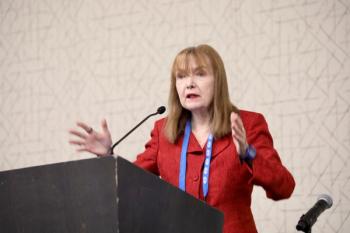
Although the CDC has declared the public health emergency for the COVID-19 pandemic over, patients with multiple sclerosis and other conditions are still in need of guidance.

Using the Modified Fatigue Impact Scale, patients either forced to exercise or who volunteered saw significant improvements over a 12-week period.

Take 5 minutes to catch up on NeurologyLive®'s highlights from the week ending June 2, 2023.
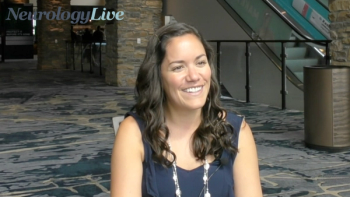
At CMSC 2023, the neuromuscular and movement disorders speech-language pathologist at Orlando Health discussed the importance of early intervention in speech and communication therapy, as well as the challenges faced in getting patients to seek therapy at the time of diagnosis. [WATCH TIME: 5 minutes]
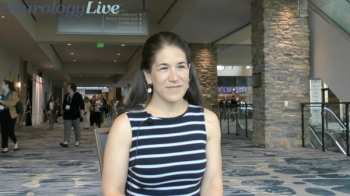
The adjunct instructor at the UCSF Weill Institute for Neurosciences provided perspective on the next steps in research for potential wearable devices focused on treating issues of multiple sclerosis. [WATCH TIME: 2 minutes]
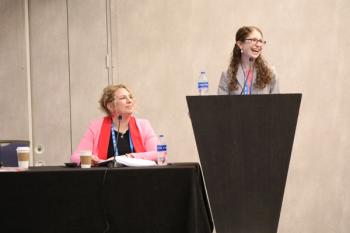
Many programs and activities at the 2023 CMSC Annual Meeting focused on burnout prevention and supporting the current and future MS care workforce.

Factors such as older age, poor steroid responsiveness, and plasma exchange were associated with NMOSD phenotype, while normal or thinned retinal nerve fiber layer and short-segment hyperintensity were associated with idiopathic optic neuritis.

The combination of EDSS scores above 6 and age over 55 years resulted in higher serious infection rate that was nearly double that seen in the overall population.

In mixed-effect analyses adjusting for multiple cofounders, changes in inflammatory gene expression correlated inversely with changes in patient-reported stress, loneliness, hair cortisol, and aspects of interoceptive awareness.

Investigators observed significant correlations between processing speed and arterial stiffness among patients with multiple sclerosis, but not in healthy controls.

Over the 96-week treatment period, ublituximab-treated patients outperformed teriflunomide-treated patients on several domains of the Fatigue Impact Scale.

Despite similar proportion of females and ever-smokers, age of onset of multiple sclerosis was significantly earlier for Latinx patients compared with White non-Latinx individuals.

Investigators observed significant decreases in Modified Fatigue Impact Scale and Fatigue Severity Scale with the low-fat diet in relation to controls.
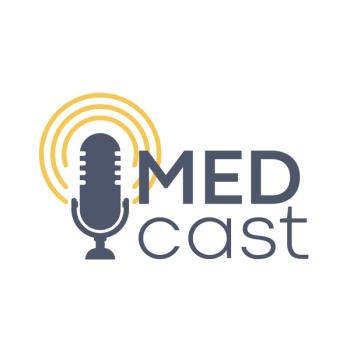
In this episode of MEDcast, expert neurologists delve into anti-CD20 disease-modifying therapies (DMTs) in MS. They assess the correlation between clinical observations and immunological processes in MS patients, and also examine the role of the Epstein Barr virus in MS. [LISTEN TIME: 48 minutes]
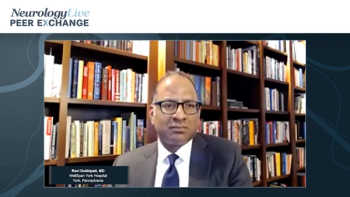
Experts in neurology provide insight on challenges that arise with the use of generic DMTs in RRMS treatment, such as cost to the patient.
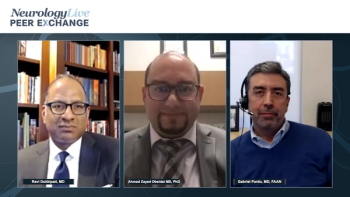
Ahmed Zayed Obeidat MD, PhD; Ravi Dukkipati, MD; and Gabriel Pardo, MD, FAAN, comment on the use of generic DMTs in the treatment of RRMS, highlighting efficacy and safety data as well as level of equivalence to brand name treatments.

Tiffany Braley, MD, MS, associate professor of neurology, University of Michigan, provided insight on the challenges of fatigue in multiple sclerosis, and where research efforts should be directed to.

In recognition of World MS Day, Meghan Beier, PhD, MA, a health and rehabilitation psychologist at the Rowan Center for Behavioral Medicine, discussed the effects of multiple sclerosis (MS) on cognitive function.

The research, which highlighted stressors occurring in both childhood and adult stages contributing to MS disability, could inform conversations regarding stress reduction techniques for patients with MS.
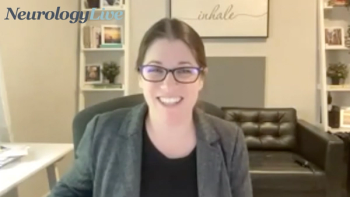
In recognition of World MS Day, the health and rehabilitation psychologist at the Rowan Center for Behavioral Medicine discussed types of interventions for managing cognitive changes in patients with multiple sclerosis. [WATCH TIME: 5 minutes]

Kathy Zackowski, PhD, OTR, associate vice president of research at the National MS Society, provided insight on the ongoing efforts to treat progressive MS, including strategies to develop remyelinating treatments.

Here's some of what is coming soon to NeurologyLive® this week.

Test your neurology knowledge with NeurologyLive®'s weekly quiz series, featuring questions on a variety of clinical and historical neurology topics. This week's topic is Alzheimer disease and dementia.

